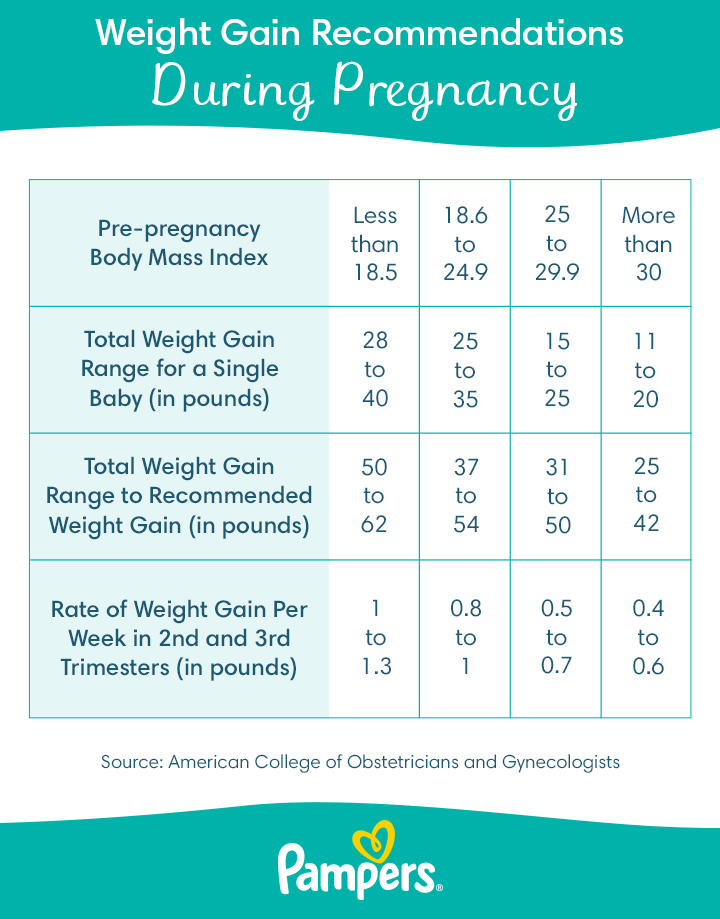
Pregnancy Weight Gain: Week 24
Understanding the Importance of Weight Gain During Pregnancy
Pregnancy is a transformative journey that brings about significant changes in a woman’s body. One of the most noticeable changes is weight gain, which is essential for the healthy development of the baby and the well-being of the mother.
During pregnancy, the body requires additional calories and nutrients to support the growth of the fetus, placenta, and amniotic fluid. Weight gain also helps prepare the body for labor and delivery.
Recommended Weight Gain During Pregnancy
The recommended weight gain during pregnancy varies depending on the woman’s pre-pregnancy weight and body mass index (BMI). According to the Institute of Medicine (IOM), the recommended weight gain ranges are as follows:
- Underweight (BMI < 18.5): 28-40 pounds
- Normal weight (BMI 18.5-24.9): 25-35 pounds
- Overweight (BMI 25-29.9): 15-25 pounds
- Obese (BMI ≥ 30): 11-20 pounds
Week 24 Weight Gain
By week 24 of pregnancy, most women have gained between 12 and 15 pounds. This weight gain is distributed among various body tissues, including:
- Fetus: 1.5-2 pounds
- Placenta: 1-1.5 pounds
- Amniotic fluid: 1-1.5 pounds
- Uterus: 2-3 pounds
- Breasts: 1-2 pounds
- Blood volume: 3-4 pounds
- Maternal fat stores: 4-6 pounds
Factors Influencing Weight Gain
Several factors can influence the rate and amount of weight gain during pregnancy, including:
- Pre-pregnancy weight and BMI
- Maternal age
- Physical activity level
- Multiple pregnancies
- Gestational diabetes
- Other medical conditions
Monitoring Weight Gain
Regular prenatal checkups are crucial for monitoring weight gain and ensuring that it is within the recommended range. The healthcare provider will measure the mother’s weight and assess her overall health and well-being.
Healthy Weight Gain Strategies
To achieve healthy weight gain during pregnancy, it is important to:
- Eat a balanced diet: Consume a variety of nutrient-rich foods from all food groups, including fruits, vegetables, whole grains, lean protein, and healthy fats.
- Increase calorie intake: Add an extra 300-500 calories per day to support the increased nutritional needs.
- Stay hydrated: Drink plenty of water throughout the day to support blood volume and prevent dehydration.
- Exercise regularly: Engage in moderate-intensity exercise for at least 30 minutes most days of the week.
- Limit unhealthy foods: Avoid excessive consumption of processed foods, sugary drinks, and unhealthy fats.
Risks of Excessive or Insufficient Weight Gain
Excessive or insufficient weight gain during pregnancy can pose risks to both the mother and the baby.
Excessive weight gain:
- Gestational diabetes
- Preeclampsia
- C-section delivery
- Macrosomia (large baby)
- Postpartum weight retention
Insufficient weight gain:
- Intrauterine growth restriction (IUGR)
- Preterm birth
- Low birth weight
- Developmental delays
Conclusion
Weight gain during pregnancy is an essential aspect of a healthy pregnancy. By understanding the recommended weight gain ranges, monitoring weight gain regularly, and following healthy weight gain strategies, women can support the optimal development of their babies and ensure their own well-being.